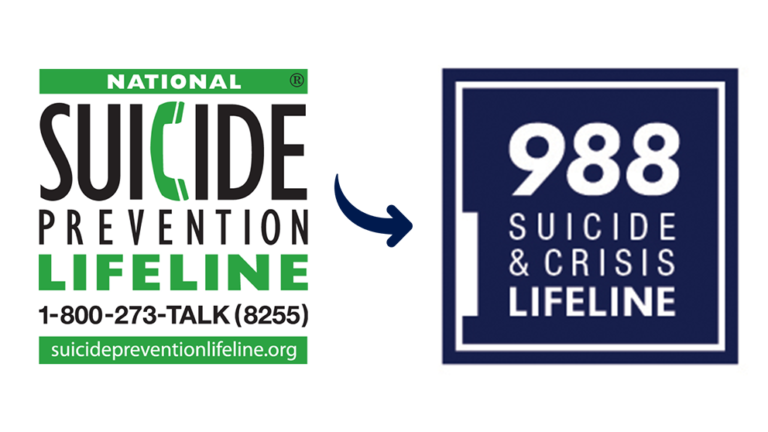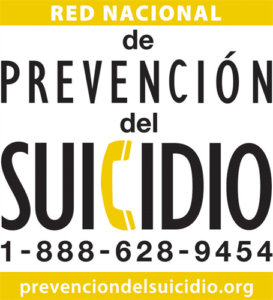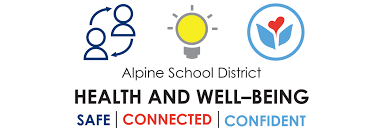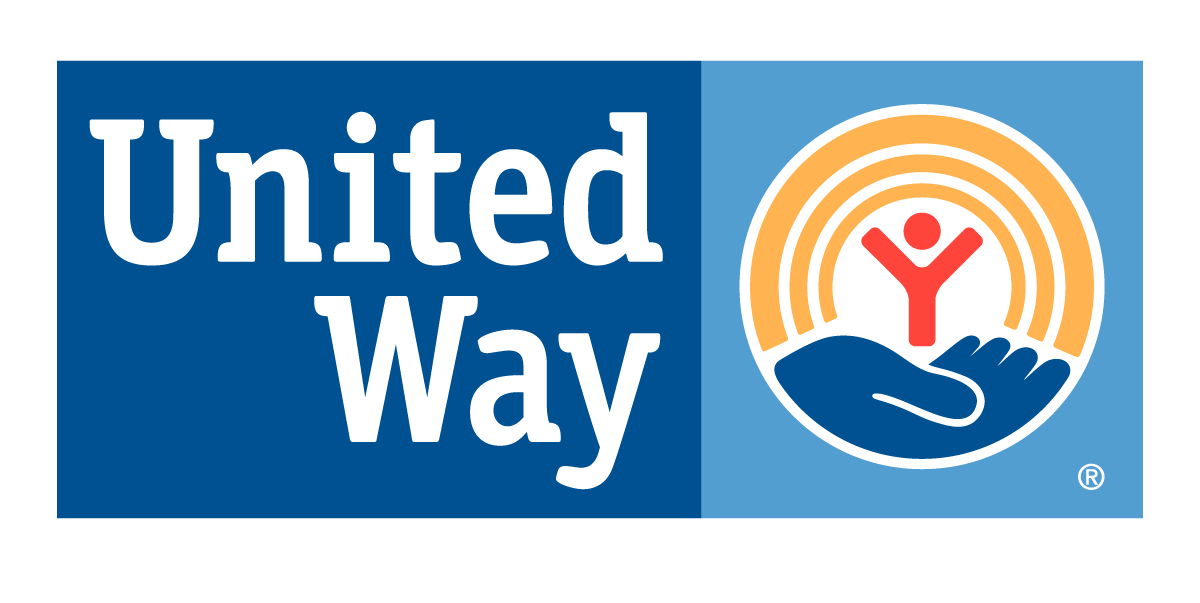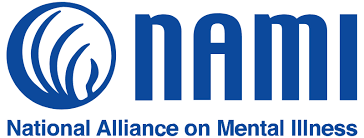Mindfulness is a state of mind, rather than a particular action or exercise. However, without practice, mindfulness is difficult to achieve.
Mindfulness
Benefits of Mindfulness
- Reduced symptoms of depression and anxiety
- Improved memory, focus, and mental processing speed
- Greater Satisfaction within relationships
- Reduced rumination (repetatively going over a thought or problem
- Improved ability to adapt to stressful situations
- Improved ability to manage emotions

Mindfulness Activities
These techniques are designed to help you practice.
- Mindfulness Meditation–Sit in a comfortable place, and begin paying attention to your breathing. Notice the physical sensation of air filling your lungs, and then slowly leaving. When your mind wanders–which it will–simply notice your thoughts, and turn your attention back to breathing.
- Mindfulness Walk–While walking, make a point to practice mindfulness. Start by noticing how your body moves and feels with each step. Then, expand your awareness to your surroundings. What do you see? Hear? Smell? Feel? This technique can also be expanded to other daily activities.
- Body Scan–Pay close attention to the physical sensations throughout your body. Start with your feet, and move up through your legs, groin, abdomen, chest, back, shoulders, arms, hands, neck, and face. Spend anywhere from 15 seconds to 1 minute on each body part.
- Five Senses–Make a conscious effort to notice the present moment through each of your senses. 5 things you see, 4 things you feel, 3 things you hear, 2 things your smell, and 1 thing you taste.
- Muscle Relaxation Tutorial
- Calm App
Health & Well-Being
Suicide Prevention
At Alpine School District (ASD), we recognize that effective suicide prevention begins with early intervention. ASD is taking multiple strategies and approaches to assist students and adults in gaining essential social and emotional skills. CLICK HERE to find out more!
Don’t Wait….Save a Life!
If you or someone you know exhibits any of the warning signs, immediately
- Talk to your friend
- Do not keep it a secret
- Tell an adult, such as your parent, school psychologist, your friend’s parent, social worker, guidance counselor, teacher, coach or any trusted adult
- Call 911
- Call 1-800-273-TALK
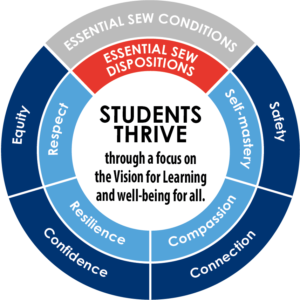
Suicide Warning Signs
- Threatening to hurt or kill oneself
- Talking about hurting or killing oneself
- Looking for ways to kill oneself by seeking access to firearms, pills, etc.
- Talking or writing about death/suicide
- Giving away prized posessions
- Feeling hopeless or worthless
- Feeling rage or uncontrolled anger
- Decreased interest in school
- Acting reckless/risky activities
- Loss of energy or interest in activities
- Feeling trapped–there is no way out
- Increasing alcohol or drug use
- Withdrawing from friends, family
- Feeling anxious, agitated, unable to sleep or sleeping all the time
- Dramatic mood changes
- Seeing no reason for living
The SAFE UT Crisis & Tip Line is a statewide service that provides real time crisis interventions to youth through live chat and a confidential tip program. (Emotional crisis, bullying, relationship problems, mental health, or suicide related issues)
The National Suicide Prevention Lifeline is a network of over 160 crisis centers that provide 24/7 service. It is available to anyone in suicidal crisis or emotional distress.
